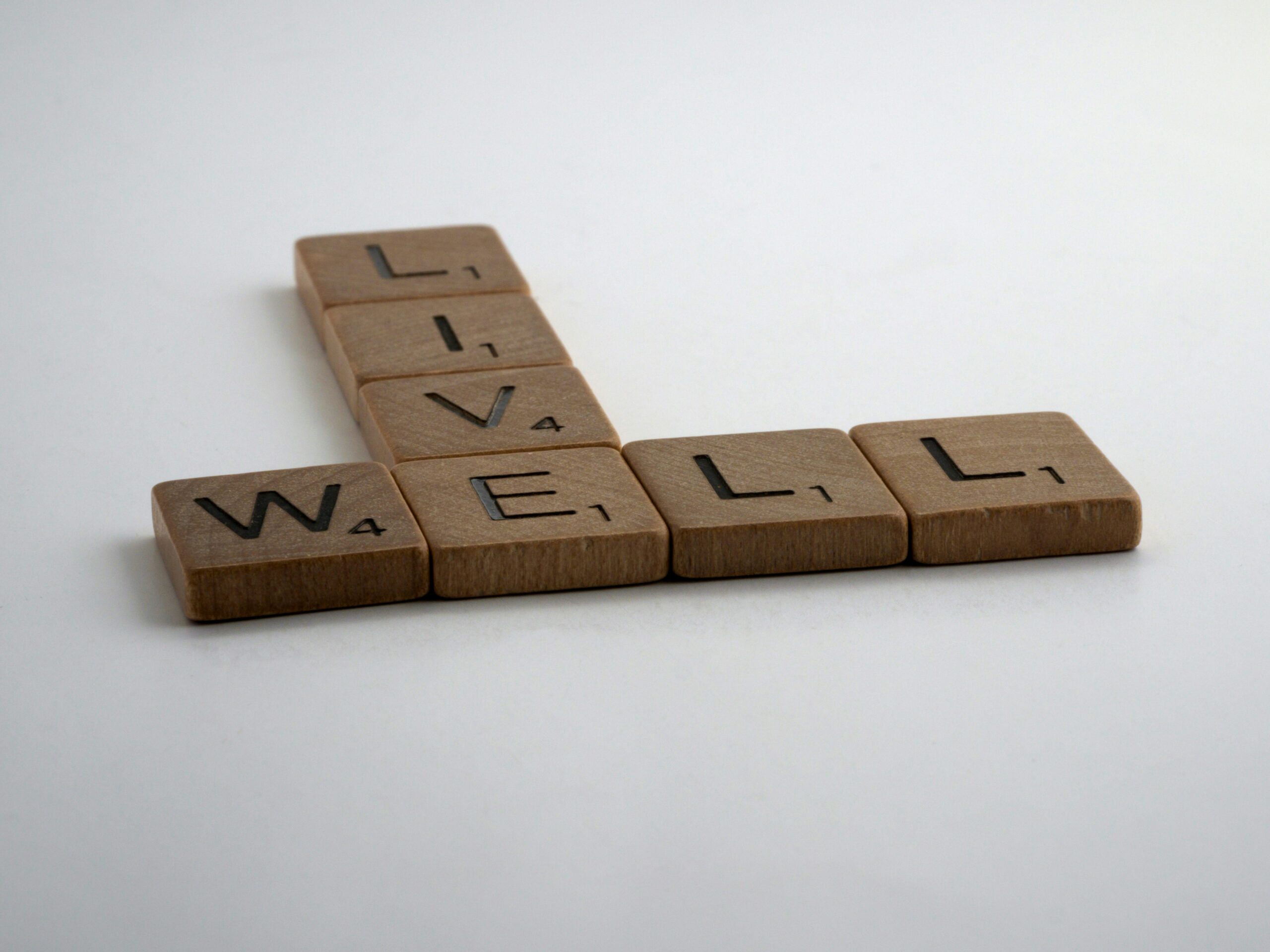In a world that often pulls us in countless directions, finding our true selves can be a profound challenge. Yvette Ratshikhopha, a passionate advocate for self-discovery and personal growth, invites readers to embark on a transformative journey with her latest book, Coming Home To Yourself. In this enlightening interview, Yvette shares the inspiration behind her book, the importance of embracing our authentic selves, and practical insights for anyone seeking to reconnect with their inner voice. Join us as we delve into Yvette’s powerful message and explore how Coming Home To Yourself serves as a guiding light for those ready to reclaim their identity and live with purpose.
Read on to discover Yvette Ratshikhopha’s insights on self-discovery and the transformative themes explored in her inspiring new book, Coming Home To Yourself.

Questions:
1. Congratulations on *Coming Home To Yourself*! What inspired you to write this deeply personal book, and what does “coming home” mean to you at this stage of your life?
I wrote Coming Home To Yourself specifically for women; as women, we take care of others and often abandon our own needs. This book, even though a male can read it too, was written to help women return to themselves, to find their feet if they are going through a life transition, and to guide them into living a full life that they love.
Coming home to myself at this stage of my life-
Well, I just had a baby, and she is still under 10 months old at the time of this publication. Coming home to myself right now means taking care of my mental health and doing things that make me feel good, like exercise, writing, and brunches. Being a mother is such a great blessing, but like most mothers, I often had to remind myself that it is okay to take time for me. My baby will be OK if I take 30 minutes for a run or massage. So coming home to self is above still creating pockets of joy for myself and still doing things that fill up my soul. This is something I cover in the book as well. Driving the message that as women we don’t need anyone’s permission to live the life we want, and we should not wait for others to do things for us to have joy in our lives. We have to be intentional about our happiness.
2. Your book explores themes of self-discovery and healing. How has becoming a mother and wife influenced your journey of self-reflection and growth?
I could write another book about that; being a mother has shown me that life is so much greater than my problems that it can be beautiful and fulfilling again. I experienced a lot of trauma in the past; at some point, I thought I would not be able to be happy again, and for some time I was just trying to get by. So many experiences made me feel unsafe in my body and the world, but being a mother has blessed me with a new perspective on life. Everything I had been through seemed so much smaller in the bigger scheme of things. I am grateful to have my own little family, especially at a time when I had so much inner work such that I am a conscious parent and have enough self-awareness to show in a way that I can be proud of.
I spent many years healing so that I can be a great mom someday and have a great partner. My inner child, who wanted this for so long, beams at the fact that this is my reality. Of course, healing is an ongoing journey. But right now, where I am, I am content with self and in awe of the reality that I have created for myself.
3. Motherhood brings a lot of changes—emotionally, physically, and mentally. How did your experience of becoming a mother shape your understanding of self-care and self-love, and how is that reflected in the book?
Well, I wrote the book while pregnant, so my motherhood journey wasn’t documented there. I have had a greater need to prioritize my well-being, as birthing a whole human can take a toll on the body, from gaining weight to breastfeeding to late-night and interrupted sleep. Self-care is no longer an option; it’s a need. I need to run, I need to eat healthy, I need support, and I need to journal and pause. I think another thing we don’t see as self-care is reaching out to our community. My mental and physical health would be in shambles if I didn’t have the support that I have. This ranges from a nanny to my husband and extended family. Community is a big part of self-care for me, and I am not afraid to ask for what I need.
4. In *Coming Home To Yourself*, you write about finding peace and balance. How do you balance the demands of being a mother, wife, and author while still prioritizing your wellness?
If I am being honest, balance right now feels like a myth. I have slowed down a lot with my work. What has helped me create some sort of ease in my life is automating processes; for example, I don’t distribute my books myself, which reduces a large chunk of admin; I use platforms like Takealot and book stores like Book Circle Capital in Melville; I also have a booking system for my coaching sessions; my clients can book via my website and pick a slot without engaging me; and I now automate my social media posts as well so I can be more present.
I strongly believe in creating processes and routines. That creates more ease in my life and for my child too. If more ease is balanced, then maybe I am headed there, but one thing about motherhood is that it is intense, and because of how I want to show up, I just plan my life around my role. This is how I want it to be for my child’s first few years of her life. Routine and having processes done help a great deal.
5. What advice would you give to new mothers who are struggling to reconnect with their sense of identity amidst the challenges of motherhood?
- Your sense of identity as a new mother is going to come from doing things that feel more like you, so if you feel more like yourself when you write, then write; if it’s makeup or getting dressed up, then do that. It is so easy to lose yourself in motherhood, and even that is a beautiful journey, but hold on to pockets of yourself. You will feel guilty at first; you may even be anxious as you prioritize yourself, but small doses of things that feel more like you go along. Way.
Also, leave room to redefine yourself; it is okay to be a changed person; you have gone through something that is life-changing. Take it one day at a time and be kind to yourself.
6. Marriage and motherhood often require a lot of emotional labor. How do you stay grounded in your own needs while nurturing both your family and yourself?
I think what has helped in this regard is having boundaries with myself and my family. I have to say no to overextending myself when I know I am depleted. I accept that I can’t do it all I don’t have to. I have to allow myself to go on my run and not think about others at all; this is my me time, and allow myself to be present in that. Motho o tswanetsi go ba strict when it comes to making sure you don’t get depleted.
I also communicate my capacity. I am grateful that I live in a household where we share responsibilities like dishes and anything else other than breastfeeding. So it goes back to having the right support and filling in for each other so that we can all have balanced lives, not just in terms of motherhood but also having hobbies and maintaining our relationships with family and friends. We also have a nanny, so that goes a long way.
7. Your book encourages readers to embrace their vulnerability. How has your relationship with your spouse played a role in creating a space where you feel safe to be vulnerable?
We have worked on communication over the years and creating a space where we can both air our grievances in a way that is kind and safe. This makes it easier to be vulnerable and share what’s on my heart. One thing I realized is I don’t want to constantly be angry, so I realized in marriage, the quicker you communicate it, the quicker you move through it. I always want to travel light, with no baggage, and knowing that I will be heard and supported makes it easier to open up.
8. For many women, “coming home to yourself” can be a lifelong process. As both a mother and a wife, how do you make space for your journey while also supporting your family’s growth?
( I feel like I answered this above.)
9. How does *Coming Home To Yourself* address the importance of emotional and mental health, especially for new mothers who might feel overwhelmed?
The book covers everything from boundaries to visualizing the type of woman you want to be and self-forgiveness. All bits and pieces of things you will need in the motherhood journey. I believe the book is a lifelong companion to help you reflect through various stages of your life and ground yourself.
10. What are the key practices or rituals you’ve developed to stay connected to yourself, and how do you incorporate these into your daily life as a busy mother and wife?
I run daily, and I joined a book club while pregnant; this gives me something exciting to look forward to and a sense of community, and I write through all my experiences; this especially helped me in the postpartum period.
11. You’ve shared your transformation in this book. What do you hope readers, especially new mothers, take away from your story?
The book is more about their story, the one they want to write, and I guess what I want for them to take away from it is that they have deciding power over their life, that they can change the story if they don’t like it, and they can become the leading character in their life again. Coming home to yourself is meant to be a soft but empowering read, helping you understand yourself and your needs.
12. As a new wife, how has partnership influenced your process of “coming home”? Do you think marriage has offered new insights into self-awareness and growth?
I am still a newbie in this marriage game, but I will say it is a great place to work on yourself, to understand your triggers, and your childhood conditioning that may not be healthy. Relationships are a mirror, and I have learned so much about myself through the journey of marriage. When those triggers or wounds come up and I address them, I get to let go of the parts of me that were not serving me, that stemmed from fear or that wounded inner child. This means I can live a more authentic life.




